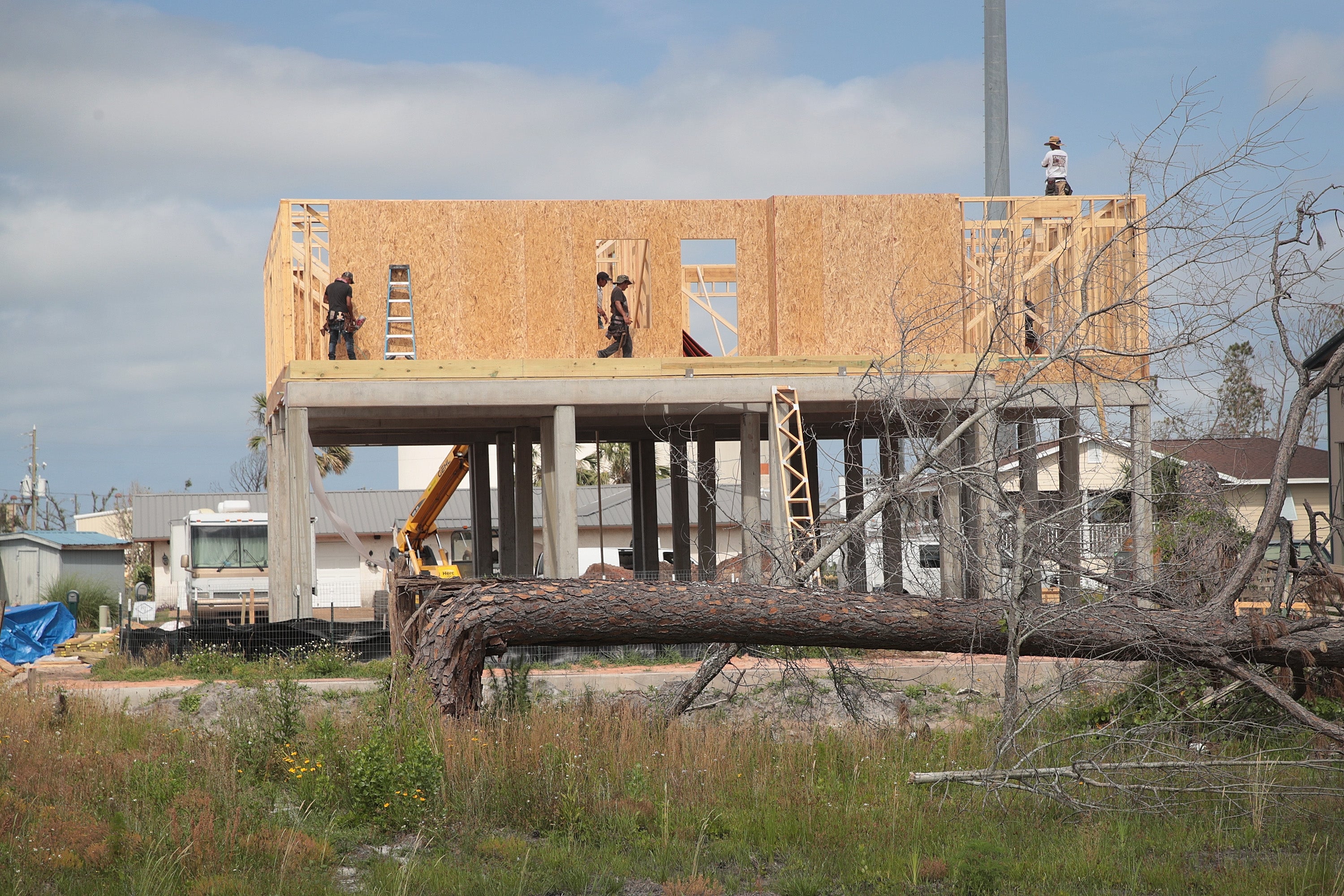
CLIMATEWIRE | States and communities that rebuild from a disaster will get extra federal money if they use low-carbon construction materials, the Federal Emergency Management Agency announced Tuesday.
The additional FEMA money will help pay for added costs in purchasing materials such as concrete and steel that are certified as having lower-carbon emissions.
The extra funding arises from a provision in the Inflation Reduction Act, enacted in August, that allows FEMA to pay “costs associated with low-carbon materials” through 2026. FEMA’s plan is part of the Biden administration’s “Buy Clean Initiative” that uses the federal government’s vast purchasing power to spur the development of U.S.-made lower-carbon construction materials.
FEMA will provide the additional money for construction projects that are funded by its program that helps communities rebuild after disasters.
The money also will be available for two programs that give states and localities grants for projects that build resilience to disasters such as elevating flood-prone buildings. The grant programs are Building Resilient Infrastructure and Communities and the Hazard Mitigation Assistance Grants programs, both of which fund a wide range of mitigation projects.
FEMA typically pays 75 percent of project costs through the three programs, leaving states and communities to pay the remaining 25 percent. The same ratio will apply to extra money from FEMA for low-carbon materials.
The materials that are eligible for extra money are concrete, asphalt, glass and steel that have an “environmental product declaration” certifying that their production and use results in lower-than-average carbon emissions, according to a FEMA memo.
The extra money “will allow FEMA to do our part in addressing the underlying causes of climate change by covering the costs for the use of low-carbon materials,” FEMA Administrator Deanne Criswell said in a statement.
Reprinted from E&E News with permission from POLITICO, LLC. Copyright 2023. E&E News provides essential news for energy and environment professionals.
